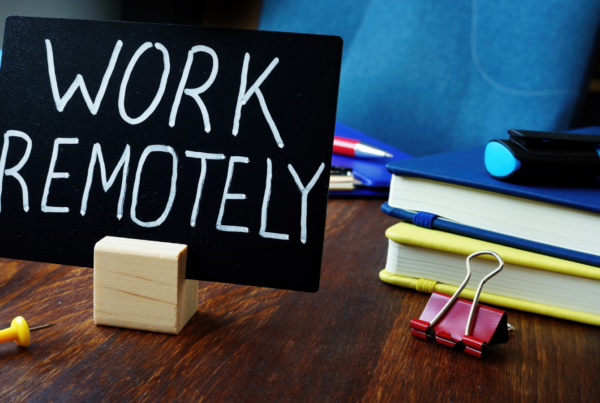Nearly every lawyer, from associate to partner, experiences lawyer burnout at some point in their career. To some extent, it seems that being a lawyer and stress go hand-in-hand. But burnout doesn’t have to happen.
To help, let’s take a closer look at lawyer burnout and examine the causes and some ways of combating it.
Causes of lawyer burnout
There are several factors that cause attorneys to burn out. They aren’t universal, exactly, but they are consistent parts of the career. And because they are so common, young lawyers often accept them as a given and fail to see the potential problem.
High-stress work environment
Law is, generally, a high-stress job. The problem is so acute that the American Bar Association published a guide on attorney stress. In the guide, they say, “Lawyers work in an adversarial system with demanding schedules and heavy workloads, which may contribute to increased stress levels.”
Regardless of the focus of your law firm, the legal profession is filled with stressful situations in which the future of your clients rests on your shoulders.
Long work hours
Lawyers generally work long hours. The Bureau of Labor Statistics actually includes working more than 40-hours a week as a part of the job description for lawyers. The need to log and maximize billable hours can cause junior lawyers to burnout, and raise the risk of burnout at every other level as well.
High workload
Along with long hours comes a heavy workload. Depending on their practice areas, lawyers may be juggling massive caseloads or managing a smaller number of highly involved cases with sometimes overwhelming paperwork.
Lack of personal and professional balance
In the long-term, many lawyers burnout because of a lack of work-life balance. Practicing law, for some, becomes their identity, and having a personal life takes a profound backseat. And for many attorneys, this lack of balance begins in law school.
Symptoms of lawyer burnout
The signs and symptoms of attorney burnout are many and varied. Let’s take the list provided by the American Bar Association and categorize them:
Physical symptoms
- Headache
- Muscle tension or pain
- Chest pain
- Stomach upset
- Exhaustion
Emotional symptoms
- Anxiety
- Lack of motivation or focus
- Irritability or anger
- Sadness or depression
Behavioral symptoms
- Restlessness
- Sleep problems
- Change in sex drive
If you are experiencing any of these on an ongoing basis, you may be at risk, and you may want to consider strategies for overcoming lawyer burnout.
Strategies for preventing lawyer burnout
Part of preventing burnout is learning to manage stress. Here are some ways you can do that
Reducing stress
Finding ways to quit your mind and body can make a great difference. Mindfulness exercises and meditation work for many attorneys. Others can get some stress relief from stress management techniques like breathing exercises and exercise. See what works for you.
Prioritizing self-care
Spend time each day on yourself. Whether you feel stressed or not, there are things you can do every day to protect your mental health. These include
- Exercise
- Sleep
- Nutrition
Building a support network
Lawyer burnout often stems from a lack of support. It’s good to remember that you are not alone, and that there are many people you can talk to about how you feel. We recommend prioritizing some type of social life, whether chatting with colleagues, time with friends and family, or both. Professional organizations, too, can be a great source of support and collegiality.
Finding a sense of purpose
If you feel burned out, try connecting to something that feels a bit bigger, or more closely aligned with your personal priorities and values. Options here might include
- Pro bono work
- Volunteer work
- Professional development
Learn to manage your time and law practice better and more effectively
By leveraging the 80/20 principle, you can work less, take more time for yourself, and effectively overcome lawyer burnout.
Learn more about the 80/20 principle today
General Resources
- Check out my Inner Circle (to participate in ongoing discussions about tech tools I discuss and recommend)
- Check out this Law-Tech Assessment if you want specific recommendations for improving based on the technology you’re using in your practice
- Click for a list of the Best Tech Tools for Lawyers
- Subscribe to: The 80/20 Principle newsletter (it’s free)
Use technology to radically improve your law practice by focusing on the few core elements that have the biggest impact.







